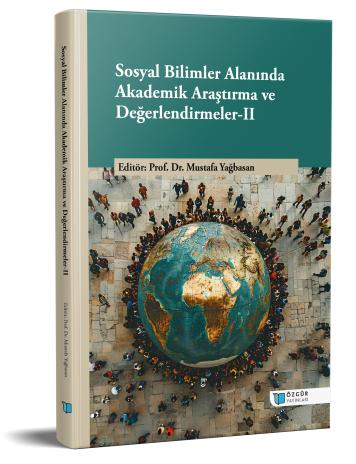
Global Education and Global Diversity
Chapter from the book:
Yağbasan,
M.
(ed.)
2024.
Academic Research and Evaluations in the Field of Social Sciences-II.
Synopsis
The expansion of social structures, the de-localisation of economic production and consumption processes, and the search for new markets bring us globalisation. While some thinkers see globalisation as the result of the individual's efforts to increase his or her sovereignty and thus positive for the individual, others see it as the result of the destruction of local sovereignty and the criticism of its limits, although it is also related to sovereignty. As such, it is not positive, on the contrary, it is negative for the local individual. Although its causes and consequences have been interpreted as positive or negative, the phenomenon of globalisation, which is now a reality, has established a relationship between locality and universality from which we cannot escape. In a way, it is a trauma as the destruction of the local, but in terms of spreading, expanding and meeting others, it can be read as a better way of living together. Another dimension of globalisation is meeting and learning from others. The abundance of things for the individual to learn from others has created an obligatory content to globalisation. Through learning, the individual gains self-consciousness and discovers that he/she must coexist with others. The content of the essential aspect of learning is made factual through education. Therefore, globalisation is a formation phenomenon and its factual attitude is provided by education. This study will talk about the relationship between the individual and the world he/she lives in, the relationship between the individual and the other from a contingent perspective, and that the exit of this reading from its primordial form needs globalisation and that the phenomenon of global education enriches the world of self and life. He will suggest that global education and global diversity is not a symbolic system, but an understanding of organic life itself. In order to establish such a context, it will avoid the struggle with definitions of globalisation and will establish a definition with the help of some concepts that will be considered important for this study, mentioning its relationship with education and the difference between localisation and the effort to get rid of the local, and pointing out the traumatic and positive sides of it.

